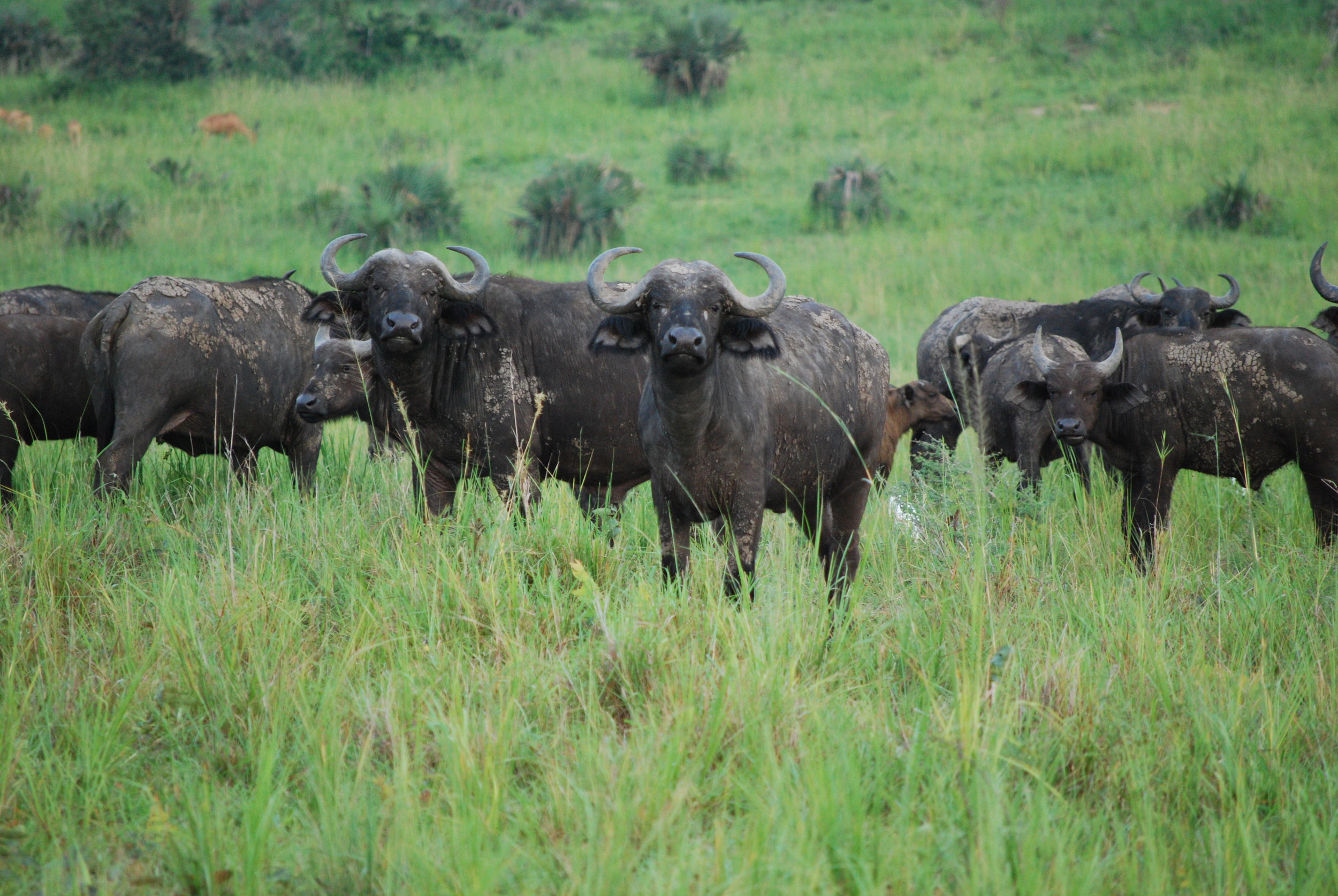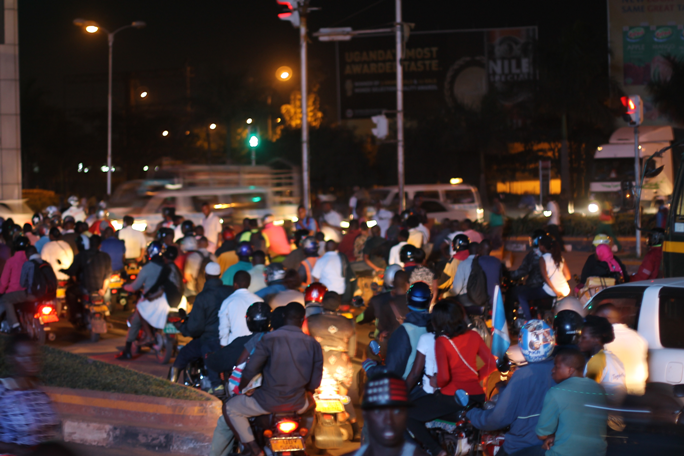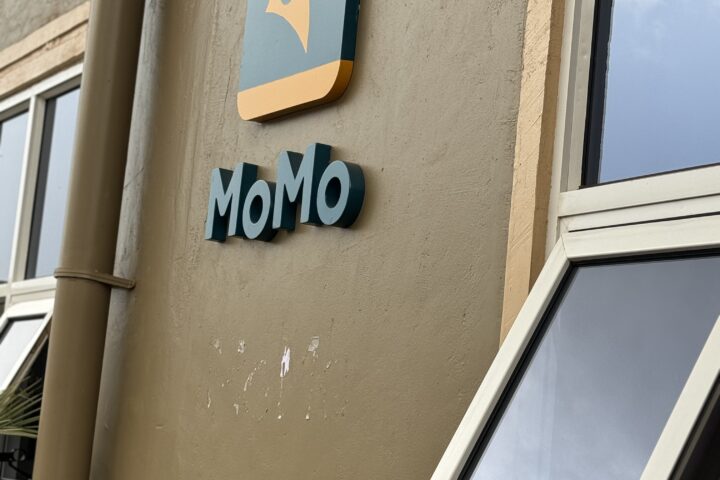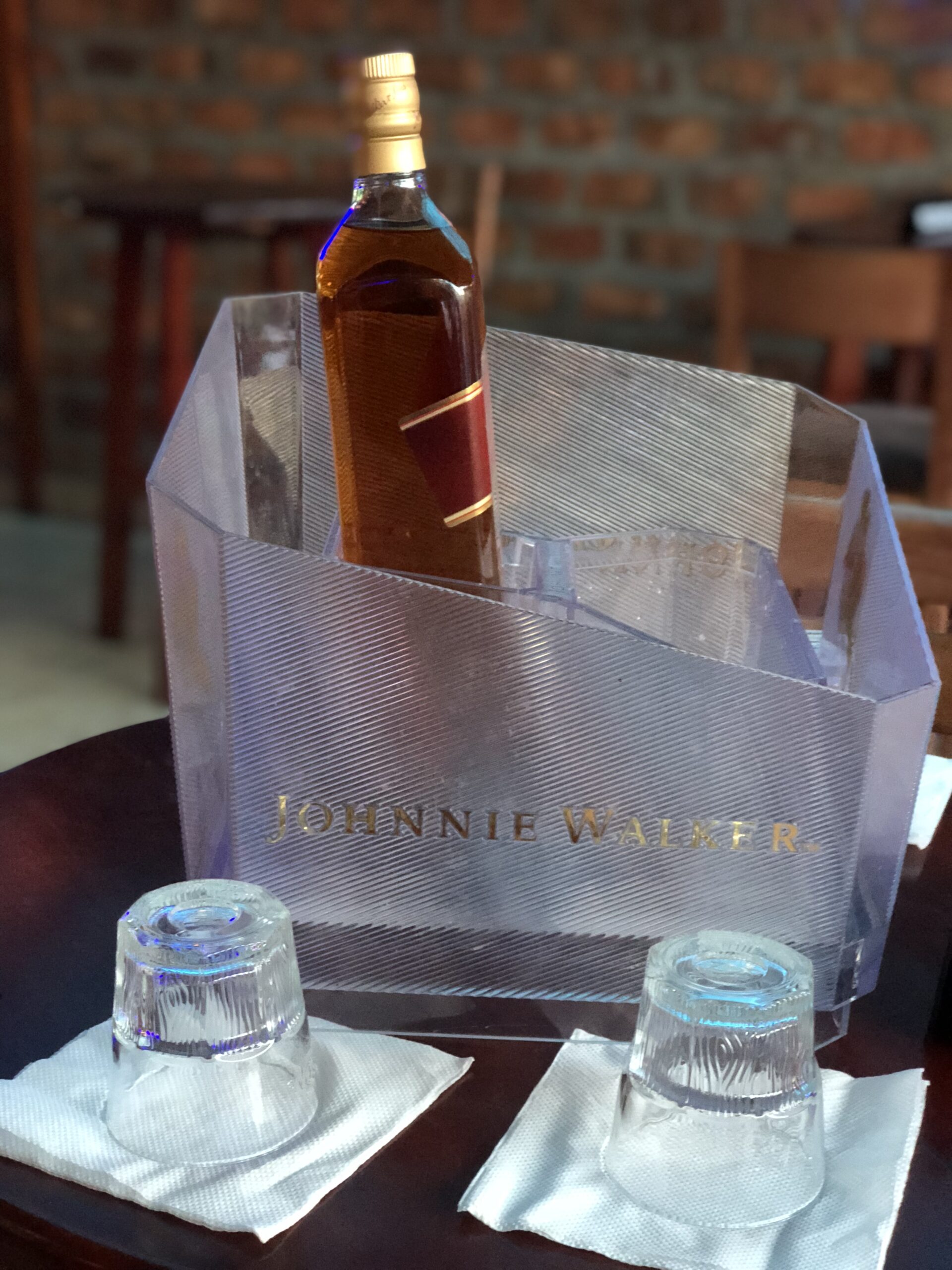Dr. Crispus Walter Kiyonga could have been president.
The medical doctor is a towering figure in the Movement of President Yoweri Museveni. He was responsible for supervising Uganda’s successful response to the Ebola crisis in 2000, the same year a religious fire claimed the lives of nearly a thousand converts to the Movement for the Restoration of the Ten Commandments of God in Kanungu District in Uganda.
Kiyonga is a true party man, a veteran of NRM’s brutal honesty about the AIDS scourge. Exactly a decade after the double whammy of Ebola and the Kanungu Massacres, precisely on New Year’s Day in 2011, he lost a son.
The police recorded the death as a suicide. According to the ranking police officer at the scene, Mr. Wilson Kamya, a note had been found. It read “ I love you all. I am so sorry”. Somara Machel Asingya had hanged himself overnight using the cable of his laptop, tied to a roof fan and around his neck.
 Queen Elizabeth National Park where Somara Machel Asingya died is a beautiful place. One of the star attractions here is the Kazinga Channel Boat ride. In the fading sun, the journey can feel like a crossing to some other heaven. Marshal eagles can be spotted standing imperiously watching beneath the water for their supper while the Shoebill stork, a frightening pre-historic bird stares back from the past.
Queen Elizabeth National Park where Somara Machel Asingya died is a beautiful place. One of the star attractions here is the Kazinga Channel Boat ride. In the fading sun, the journey can feel like a crossing to some other heaven. Marshal eagles can be spotted standing imperiously watching beneath the water for their supper while the Shoebill stork, a frightening pre-historic bird stares back from the past.
The police did not investigate the death of Asingya any further. Later it was Hon. Crispus Kiyonga who offered some thoughts on his passing. He said his son had been troubled and addicted to drugs. Asingya had been named by his father after the Mozambican revolutionary, a fellow medical professional. Parents have great hopes for their children, so much that there is no word to describe a parent who loses a child.
“I am sorry to have lost him, but I should have saved him if I had concentrated on him” Kiyonga said. “ I have learnt a big lesson”.
There is likely going to be a new generation of grandparents in Uganda taking care of orphans whose parents have died of drug-related deaths. In the past it was civil wars and later the HIV/AIDs epidemic that filled homes of retirees with fatherless and motherless children.
While Dr. Kiyonga was characteristically candid about the alienation between father and son – in many homes, many parents are simply frustrated when faced with the reality of children they no longer recognize. There are tales of parents who treat rehabilitation centers ,that have sprung up all over the city in response to the growing drugs problem, not as hospitals but prisons. Young people are sent to these unregulated “serenity centres” to “learn a lesson” and be punished.
Treating addiction as a crime instead of an illness is just one of the signs of this frustration. It does not make things any better. The generation that looks to solving teenage rebellion in a complex new world with old world instincts learned from their own parents – such as “send him to the village” or “ let him stay in jail” are losing out.
Such is the fate of the Sezibwa family ( not real names) who, like the migratory bird species in Queen Elizabeth, return to Uganda once a year from the hard-working lives near Camden in North London. When their teenage son was showing signs of trouble, and afraid of gangs and drugs, they put him on a plane to Entebbe. The idea was for relatives at home to show him that life can be harsh in Uganda. He needed to learn a lesson and appreciate the hard-won privileges these parents had sweated to give him.
Eight months later Julius Sezibwa was hooked on drugs and sick. Uganda was not a safe haven after all. Set loose in Kampala, exotic accent at hand, Julius hit the party scene hard. His new friends assumed that since he was from abroad drugs must be natural for him. One evening after bar hopping, mixing beer and some other stuff he “could not remember” he overdosed and nearly died.
Ironically when he boarded the flight back, he was in worse shape. Treatment centres in the United Kingdom were better than the options his relatives researched in and around Kampala. Many tended to be quite dangerous in fact. Some have been accused of criminal behavior. Staff are known to sell addicts drugs and often abuse them. Managers, some of who were recovering addicts and others still using, looked at their mission as providing a service to cover the embarrassment of especially well to do parents.
Many entrepreneurs were looking to enter the rehab economy because they smelt money. Drug rehabilitation centres may be the equivalent of what well-funded NGOs were to the HIV/AIDs pandemic. Everyone around Entebbe road knew the racket involving so-called AIDs orphans and adoption homes, many of which were glorified child trafficking businesses with slapstick websites, dirty accommodation and cruel minders.
Julius could have easily been one of the many arrested barely a week after All Souls Day, in November when Uganda police raided “Ram Bar” in Kololo.
The official reason, according to the Police Spokesman was violations of the Tobacco Control Act which forbids amongst others the smoking of Shisha, a fashionable flavored tobacco which tends to pass off as bourgie sophistication in the happening bits of cosmopolitan Kampala.
Ram Bar lies on a strip that runs from Acacia Mall to Oasis Mall on the one hand but is connected via the Old Kira Road – through the Kamwokya ghetto to string of pleasure businesses such as Cayenne and then through to the Bukoto-Ntinda-Kiwatule area where “The Junction ,now a middle aged watering hole, used to represent bedlam before the Nalya Estates.
In a movie version of this article, the nearly 10 kilometer stretch from Nexus Bar in Najera to Ram Bar, would be an unbroken string of candy stops for drugs belonging to a single gang.
The raid on Ram Bar was reported widely as targeting of the Queer community. While this may be true, a “low key” reason might be that Ram Bar was competition for other more sheltered drug dealing hubs on the strip which include long time markets for sex, drugs and Bongo Flava like Casablanca and the Irish Bar Burbles O’Leary.
These pubs used to be the so-called old coke-circle, the hush-hush drug scene which centered around Muyenga, Kabalagala and Kasanga with bars like Capital Pub and Al’s Bar coming up with top ratings as dens of unofficial hedonism.
But this is old Kampala.
The new Kampala is young, energetic and in some ways unapologetic. Bars like Fame and Casablanca attract raucous young adults like Julius in droves. On some mornings parents having dropped their children at school can smell weed from the road as the traffic jam at the intersection of Metropole Hotel and lower Kololo Terrace creates a logjam like the Spartan “hot gates” at Thermopylae.
Habesha beauties from the Aden, part of the refugee family, a mixed plot of randomness that makes the city one of the liveliest metropolises in the region, can be seen boarding boda bodas for a trip across the city toward Gaba and the lake shores. Many parents won’t stop to ponder these scenes. Laser focused on putting food on the table, lacking sleep from waking up before dawn to run their morning errands, they are just trying to get to work.
It is a sad fact that the average Ugandan child entering university today would have spent all but the first few years at home. They are institutionalized the rest of their lives. Like the dodgy rehab centers, entrepreneurs have stepped in to separate children from their parents some as young as three years old. Day and night care nurseries, boarding kindergartens, primary boarding schools that run all year round and so forth “free” parents to concentrate on the survival game.
By the time the drug dealers find their children many parents and their children are already strangers in their own homes.
Whether intended or not the raid on Ram may well be the first, well minor, “drug war” between suppliers on the record. Competition between establishments like these is mostly about income from patrons which may not come from direct distribution by the bar but by the hosting services they are able to provide.
Happy patrons attract others and while most consumers of hard drugs will buy less alcohol – there are plenty of newbies who are there for the scene. The Queer tag itself hides another open secret in the city. While the country is known for its unofficial disapproval of gay relationships and movements – unofficially the underground queer scene is a roaring success with a reputation across East Africa.
Drug distributors are keyed into the exotic tastes of metropolitan Kampala. While running virtual home delivery services that would be the envy of the medical community ( there is no online pharmacy services that offers prescription deliveries on demand) they are starting to innovate increasingly around convenience and safety. Some bars will book trusted cabs and bodas for patrons so that they can get high with no worries about how to get home.
Others will arrange for food and even a physician for emergencies. Bars are in effect a sort of Airbnb for dealers who “rent” safe space for patrons to do their thing.
Around big concerts and festivals successful distributors will have their supply re-booked by bars aware of the artificial shortage that out of town visitors like Julius will create for normal patrons.
As sophisticated as this emerging crisis is its victims are real. Perhaps in the final piece we could begin to ask what can be done, if at all? If Dr. Kiyonga were president what would he do? After all, as Carmine Falcone said in the Series Gotham “ You cannot have organized crime without rule of law”.










